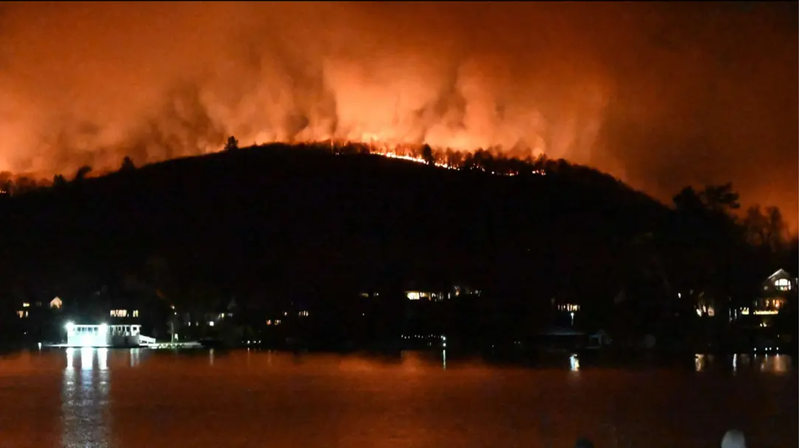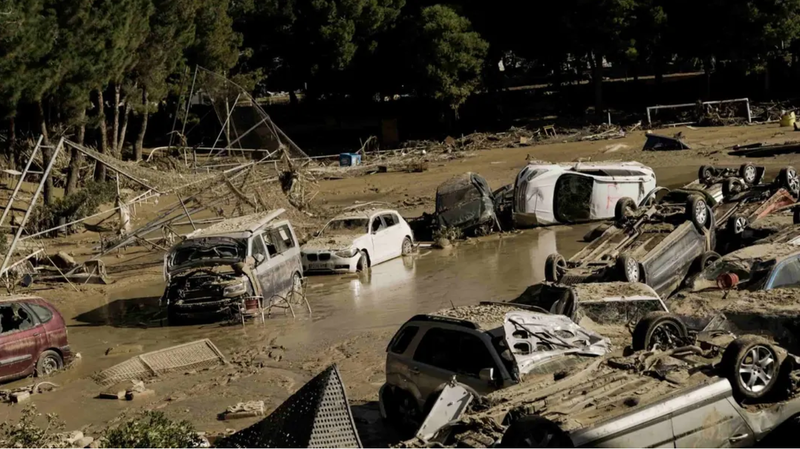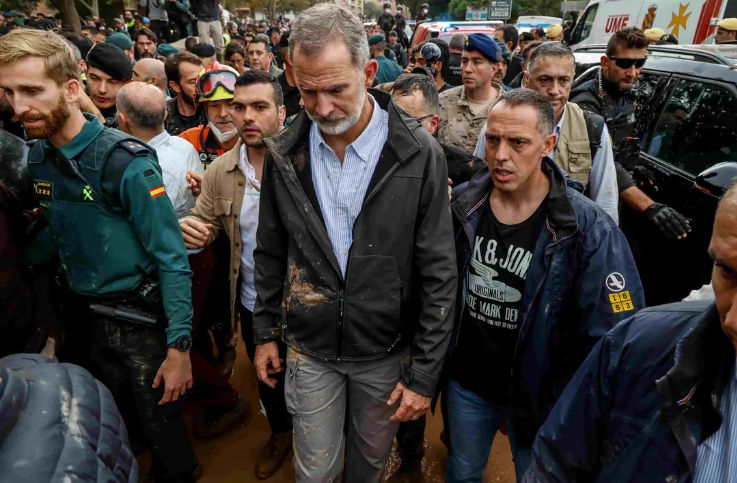Indonesia: Volcanic Eruption Kills 11 Hikers
At least 11 hikers have reportedly been killed after Indonesia's Marapi volcano erupted on Sunday. A search to find 12 further missing hikers has been temporarily suspended due to safety concerns, officials said....

Facts
- At least 11 hikers have reportedly been killed after Indonesia's Marapi volcano erupted on Sunday. A search to find 12 further missing hikers has been temporarily suspended due to safety concerns, officials said.1
- There were reportedly 75 hikers in the area at the time of the eruption, of which at least 49 have been rescued.2
- Some of the rescued hikers 'suffered from burns because it was very hot' and were being treated at a hospital, according to the West Sumatra Disaster Mitigation Agency.3
- As the volcano spewed ash up to 9.8K feet in the air, authorities issued the second-highest alert, advising residents against going within 1.8 miles of the crater's mouth.4
- The 9,485-feet high Marapi has been active since it last erupted in January. The volcano's deadliest known eruption, which took place in April 1979, killed 60 people.5
Sources: 1Bloomberg, 2Daily Mail, 3BBC News, 4Associated Press and 5Reuters.
Narratives
- Narrative A, as provided by New Mandala. Mount Marapi is one of more than 125 active volcanoes in Indonesia, which is prone to seismic upheaval as it sits on the Pacific's 'Ring of Fire' — an arc of volcanoes and fault lines encircling the Pacific Basin. With the threat of disaster a constant presence, the government is committed to investment in the preparation for and monitoring of such calamities.
- Narrative B, as provided by Horizon Magazine. Volcanic eruptions are contributing to the reduction of average global surface temperatures. Therefore, instead of viewing them as disasters, we need to understand the natural occurrence of volcanic eruption in the broader context of climate change. Of course any fatalities resulting from volcanic activity are tragic, but they are also avoidable, whereas eruptions are inevitable and are aiding the mitigation of a greater climate threat to humanity.






